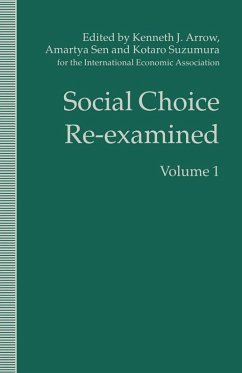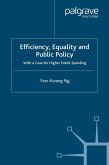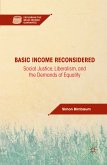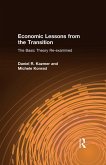Since World War II the subject of social choice has grown in many and surprising ways. The impossibility theorems have suggested many directions: mathematical characterisations of voting structures satisfying various sets of conditions, the consequences of restricting choice to certain domaines, the relation to competitive equilibrium and the core, and trade-offs among the partial satisfactions of some conditions. The links with classical and modern theories of justice and, in particular, the competing ideas of rights and utilitarianism have shown the power of formal social choice analysis in illuminating the most basic philosophical arguments about the good social life. Finally, the ideals of the just society meet with the play of self interest; social choice mechanisms can lend themselves to manipulation, and the analysis of conditions under which given ideals can be realised under self interest is a political parallel to the welfare economics of the market. The contributors to these volumes focus on these issues at the forefront of current research.
Dieser Download kann aus rechtlichen Gründen nur mit Rechnungsadresse in A, B, BG, CY, CZ, D, DK, EW, E, FIN, F, GR, HR, H, IRL, I, LT, L, LR, M, NL, PL, P, R, S, SLO, SK ausgeliefert werden.









